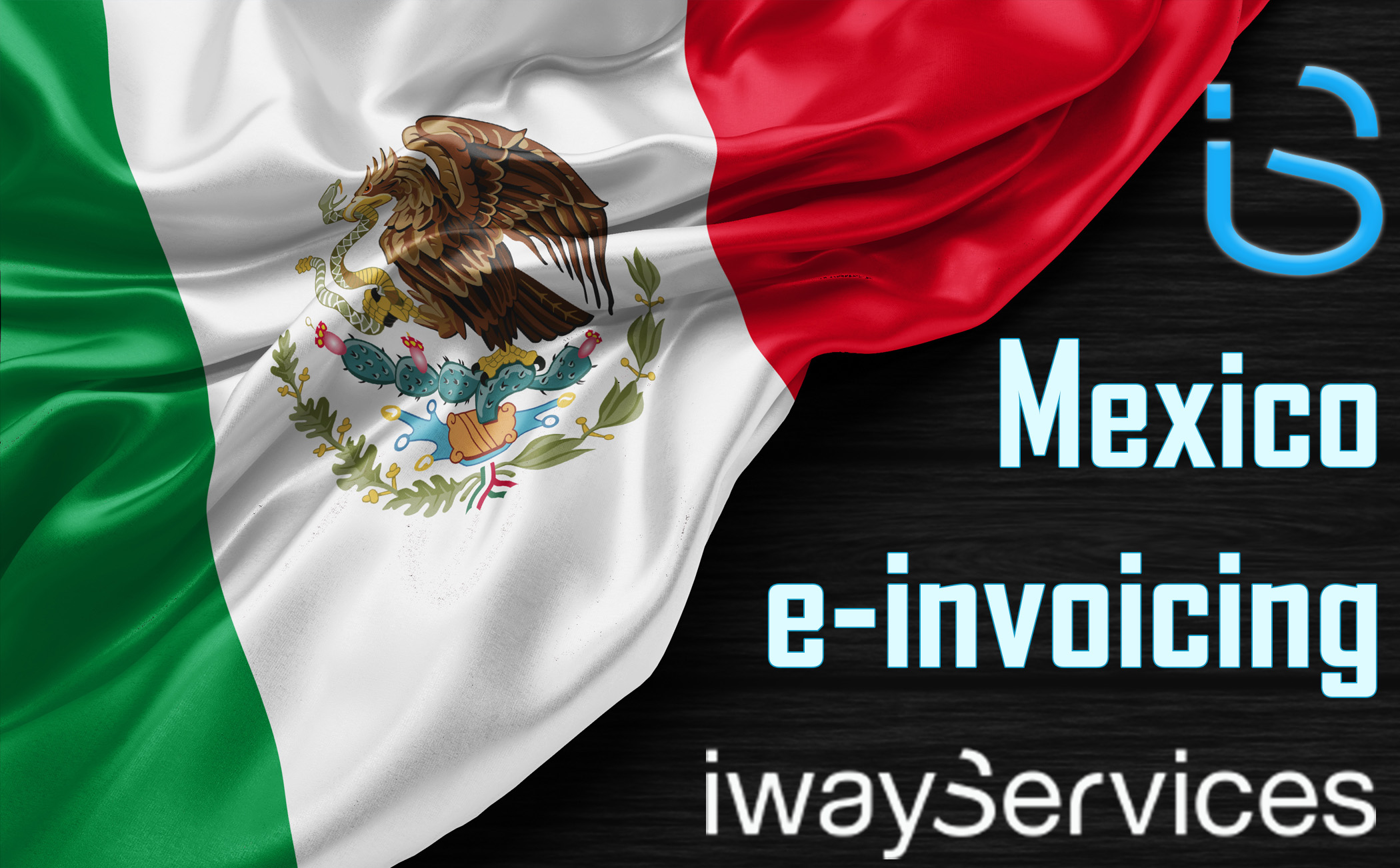- 14 January 2022
- By: IwayServices
- Blog
Electronic invoicing in France
Everyone is talking about it, the obligation to exchange electronic invoices between companies (B2B).
Depending on the size and sector, companies will have to get in order starting July 1, 2024 and no later than January 1, 2026. The challenges of finding the most appropriate technical, legal and operational solutions to maximize the gains in VAT recovery and guaranteeing profits for businesses are significant.
If we know that the legal mandates remain almost the same as on a paper invoice, it’s the mode of transmission, it’s compliance and storage that changes.
As a reminder, in accordance with article 289 of the CGI, the authenticity of the origin, the integrity of the content and the legibility of the invoice must be ensured from its issue and until the end of its retention period. (usually 10 years).
Three dematerialization standards are accepted by the legislator:
- The reliable audit trail.
- Electronic signature.
- Electronic data interchange (EDI).
For France, the rules are (almost) clear, but what about an invoice received from abroad?
Electronic invoicing outside France
The directive of 20 December 2001 provides the possibility (and not the obligation) to send invoices electronically. Unlike internal invoices, only two standards are accepted: electronic signature or electronic data interchange (EDI).

Indeed, the possibility of exchanging invoices electronically is not reserved only for French companies. It also applies to transactions with companies in Europe and outside the European Union.
Be careful, however, for archiving invoices can only be done in a country outside the EU which has an agreement with France.
A dematerialized invoice consists of a message structured according to a standard agreed between the parties, allowing automated processingand unambiguously.
Not all invoices transmitted electronically have these specifics. Example, an invoice sent by email cannot be considered as a dematerialized invoice when it is not in the form of a structured message: such as word processing, spreadsheet. , image, etc.
Future
The European Union, under its working group EMSFEI (European Multi-Stakeholder Forum on E-Invoicing) is working on solutions to facilitate the exchange of invoices by focusing on interoperability and the use of PEPPOL (Pan-European Public Procurement On-Line) between countries. France will adopt the “Clearance” model aka CTC (continuous transaction controls) with a “next generation” Chorus Pro platform and in partnership with certified service providers who can be access points to the PEPPOL network.
Contact IwayServices Experts
IwayServices, an EDI and SAP EDI consulting firm, can assist you in all stages of invoice dematerialization, regardless of the format. Our experts will provide you with the right answers and solutions to meet your needs.
